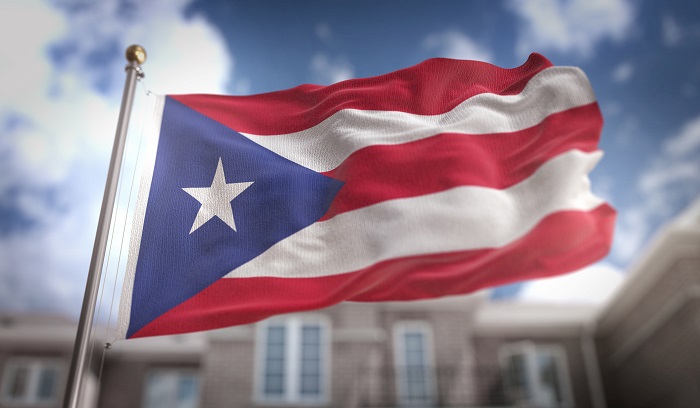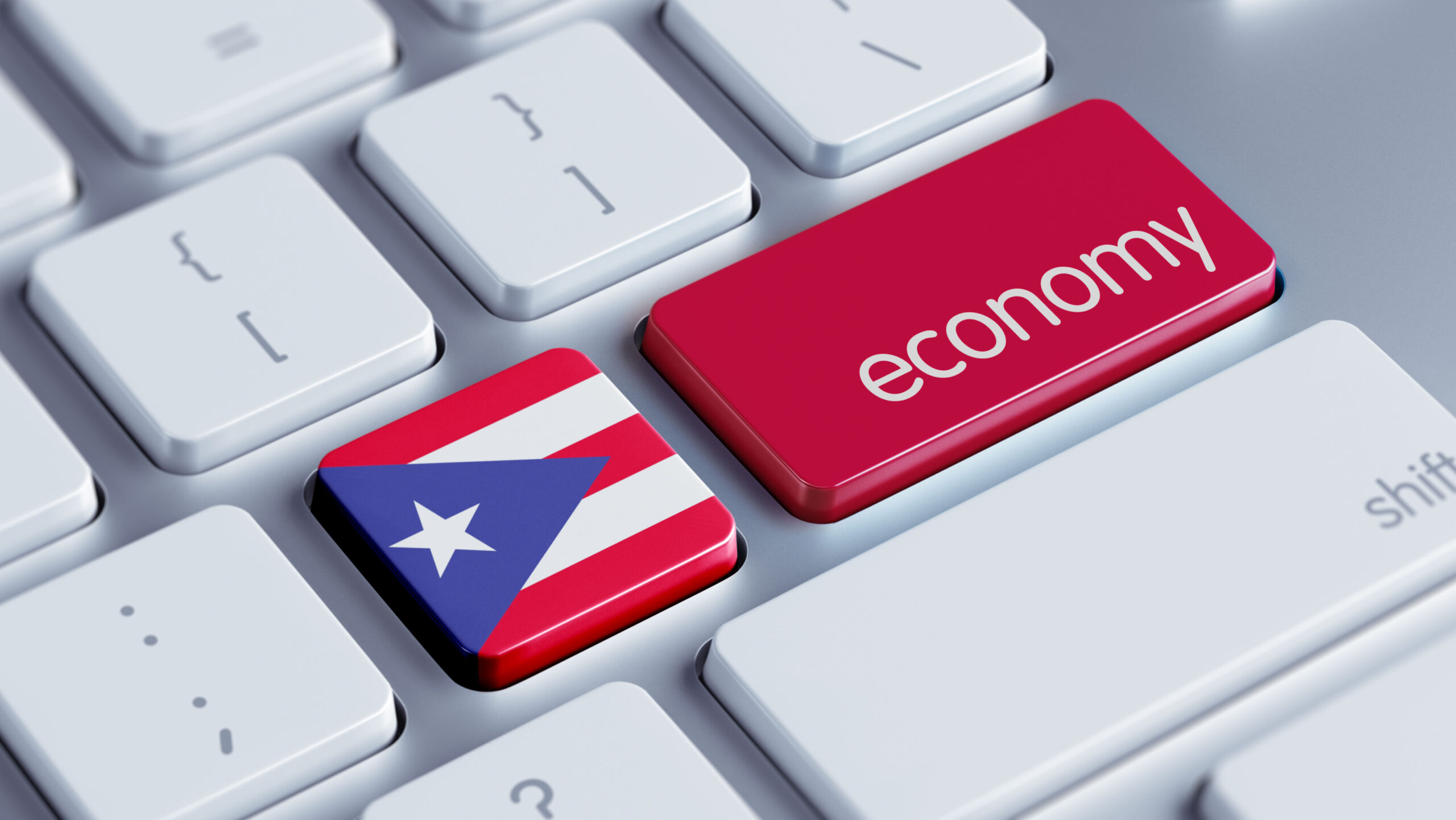The United States has an obligation to resolve Puerto Rico’s status as a territory of the United States
The U.S. took possession of Puerto Rico through war. Almost 110 years later, the United States citizens of Puerto Rico still do not have voting representation in a government that makes and implements their national laws. The historical underpinnings of the U.S. and our efforts to bring democracy around the world are inconsistent with the lack of a democratic form of government in Puerto Rico at the national level.
The Constitution’s Territory Clause empowers Congress to “make all needful Rules and Regulations respecting the Territory” of the United States. The Supreme Court has confirmed that Puerto Rico remains subject to this authority and that Congress must act to change Puerto Rico’s status. In addition, the Treaty by which the United States acquired Puerto Rico in the Spanish American War mandated Congress to determine the political status of Puerto Ricans.
The United States has a practical obligation to act. Puerto Rico has held three referenda on status proposals under local law. The first two were inconclusive because they involved “Enhanced Commonwealth” proposals that congressional and Executive branch leaders later deemed unacceptable based on Constitutional and other practical reasons; the third vote was also discredited due to confusion over an “Enhanced Commonwealth” initiative. The only time that Puerto Rico’s current status was included on the ballot, it received less than .1% of the vote.
It is also important to note that Puerto Rico’s territory status has led to unequal treatment in federal programs — a major factor in the islands’ economic stagnation and in encouraging its U.S. citizens to move to the States. Every month, thousands of Puerto Ricans move to the U.S. mainland, usually in Central Florida. There are now more people of Puerto Rican origin in the States (4.6 million) than in Puerto Rico (3.7 million).
Finally, the disenfranchisement of the people of Puerto Rico is inconsistent with numerous international treaties and declarations of which the United States is a sponsor. This situation undermines our credibility abroad as the champion of democracy. These treaties and declarations include:
- Organization of American States Inter-American Democratic charter, 2001.
- International Covenant on Civil and Political Rights, 1976.
- United Nations Resolution 1514, 1960.
- United Nations universal Declaration of Human Rights, 1948.


